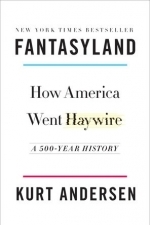
Star Ark: A Living, Self-Sustaining Spaceship: 2016
Book
As space ventures have become more numerous, leading scientists and theorists have offered ways of...
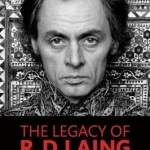
The Legacy of R. D. Laing: An Appraisal of His Contemporary Relevance
Book
The name R. D. Laing continues to be widely recognized by those in the psychotherapy community in...
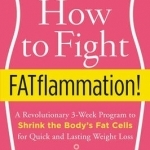
How to Fight Fatflammation!: A Revolutionary 3-Week Program to Shrink the Body's Fat Cells for Quick and Lasting Weight Loss
Book
From a leading voice in health, nutrition, and fat-cell research comes a radical and revolutionary...
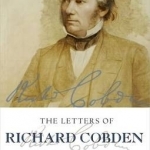
The Letters of Richard Cobden: Volume IV: 1860-1865
Book
The Letters of Richard Cobden (1804-1865) provides, in four printed volumes, the first critical...
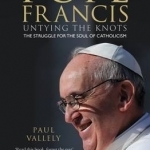
Pope Francis: Untying the Knots: The Struggle for the Soul of Catholicism
Book
For the past two years Pope Francis has enchanted and bewildered the world in equal measure with his...

OK K.O.! Lakewood Plaza Turbo
Games and Entertainment
App
Become a hero with K.O. and use super radical moves to battle the evil Lord Boxman in OK, K.O.!...
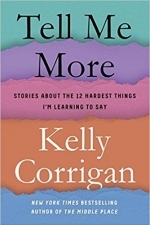
Tell Me More: Stories about the 12 Hardest Things I'm Learning to Say
Book
A warm, insightful look at the twelve phrases that strengthen and sustain our relationships, from...
women mind and body
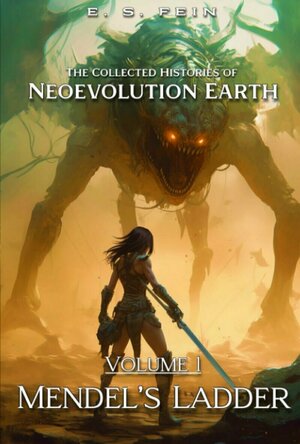
Mendel's Ladder: A Grimdark Scifi Epic
Book
Outlast. Outgrow. Outlive. In the ashes of Earth, evolution is the ultimate weapon. Inspired by...
Caitlin Ann Cherniak (85 KP) rated Fantasyland: How America Went Haywire in Books
Oct 22, 2018
Don't get me wrong. This book has a couple of points, especially when he discusses religion and the Salem witch trails. However, when he starts getting into the more modern points of fantasy, either I didn't see it at all, or he was basically really poking fun at what the whole point of fantasy really is.
The title of the book is Fantasyland: How America Went Haywire. If he's going to use the word "Haywire" in a title, he better show pretty clear examples of why America is being flushed down the toilet. Poking fun at people cosplaying, playing video games, and being able to have fun at Disneyland or Disney World is not a point to say why America seems to be failing as a society. In fact, I can make a counterargument by saying that flights of fantasy in those contexts are actually forming the culture, not destroying it. Because of the evolution of entertainment (such as film, video games, etc.), it's easier to envision fantasy stories come to life. Before that, we had books, and no one was poking fun at books throughout this entire giant essay. Not only is that missing the forest for the trees, but it makes the argument of people being shown too much fantasy through visual mass media is a very shallow take on the topic of fantasy.
Also, the premise of the book talks about how people are arguing that Trump is ruining America because of his bullshit (and they're not wrong). I expected the book to discuss politics more in depth as a way to add onto the fantasyland argument. The book doesn't even do that, not even at the end when it "comes full circle" back to the Trump argument. If anything, the book kinda let it slide that it was for Trump and his radical ideas rather than finding flaws in them as people would expect. Look, if the book ended up explaining why Trump was trying to escape the Fantasyland argument, I'm all for reading that to make my own points. However, by just simply saying that Trump is being more realistic without any real reason, that also makes this essay a shallow writing. People want to read on why Trump has realistic views or not. If the point of this essay is talking about how fantastic ideas are plaguing a great nation, why not add that into the mix?
This essay was a real hit and miss for me. For something that's as thick as War and Peace, I expected this essay to have as juicy material as War and Peace, but it doesn't. It's just a 500 year rant on how "stupid" society can be, and that lost me as I finished the book.
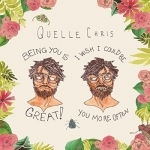
Being You Is Great, I Wish I Could Be You More Often by Quelle Chris
Album Watch
Quelle Chris fucks with himself. Most of the time. Honestly, it might depend on when and where you...
hip-hop
